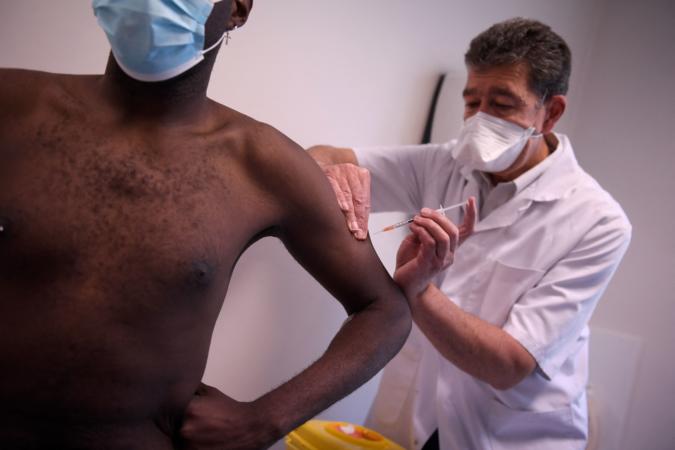While monkeypox isn’t as fatal as COVID-19, it continues to spread with more than 26,000 cases being reported in over 80 countries. Recently, the World Health Organization even declared monkeypox a global health emergency.
Direct skin contact appears to be the most common way of contracting monkeypox, as can secondhand exposure through the shared use of clothing, towels or bedding.
There has also been some confusion around whether monkeypox is a sexually transmitted disease mostly due to the overwhelming coverage surrounding the virus spreading through sex between men. While a handful of cases have been reported in communities where men have sex with men, many have raised concerns around the stigmatizing messaging that echos that of HIV/AIDS coverage in the 1980s. Additionally, some messaging has been called out for stigmatizing people in Africa where the virus is endemic and was first identified.
The parallels between the reporting of the monkeypox virus and the AIDS epidemic are apparent. The fear is that the same stigmatization of specific communities — as well as a gross deficiency in virus mitigation — could harmfully reoccur.
“We don’t want to pretend that the cases described in Europe have not primarily been in men who have sex with men,” said Ken Mayer, medical research director of Fenway Health, according to PBS News Hour. Fenway Health is an LGBTQ-focused clinic in Boston. “But we want to do it in a way that people feel educated or engaged but not stigmatized in a way that people would delay seeking care or ignore symptoms.”
Here’s how harmful reporting of viruses can impact communities and limit access to care.
It condemns certain communities and puts people at risk
The stigma directed at a particular group of individuals can be just as dangerous as the virus itself. Inciting fear and perpetuating misinformation can ultimately impede virus investigation and further fuel the epidemic. When coverage of the HIV/AIDS epidemic harmfully ostracized LGBTQ+ communities and African populations in the 1980s, cases often went underreported as individuals who contracted the virus were fearful of being discriminated against and harassed. This resulted in many missed opportunities to quickly learn about the infection and provide better public health interventions to curb its spread. The same could happen with the monkeypox virus if harmful coverage and stigmatizing language continue to circulate. It may also increase hate crimes and acts of discrimination toward these communities.
It creates "a blind spot" in medical care
Monkeypox becomes an even wider threat due to stigmatizing certain communities while downplaying the seriousness of susceptibility for others. The stigma around the disease diminishes resources by creating a “blind spot” in medicine, leaving clinics and hospitals unprepared to deal with an outbreak in various populations.
It wasn’t until it became clear that HIV infections were not confined to the gay community that more resources and a political will to seriously tackle the epidemic were set in motion. As such, more vaccines are needed, as well as testing centers, education and more funding.
It fuels global health inequity
The reporting of monkeypox has also reflected the current state of global health inequity, which largely prioritizes Western lives. Now that the virus has impacted Americans and Europeans, resources are being mobilized.
After the first U.S. case of monkeypox was reported, the Biden administration purchased $119 million worth of monkeypox vaccines and European countries were allegedly aiming to stockpile antivirals.
If the profoundly unequal COVID-19 vaccine rollout provides any insight, it’s unlikely that non-Western nations will receive the same distribution of monkeypox vaccines — even in African countries where the virus is endemic.

